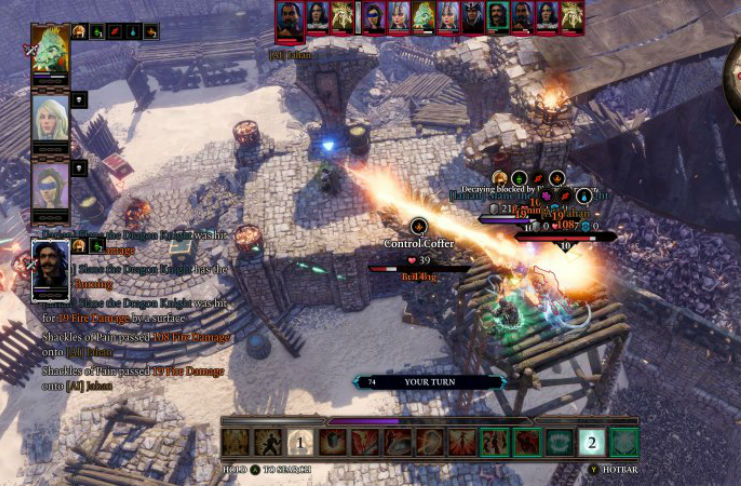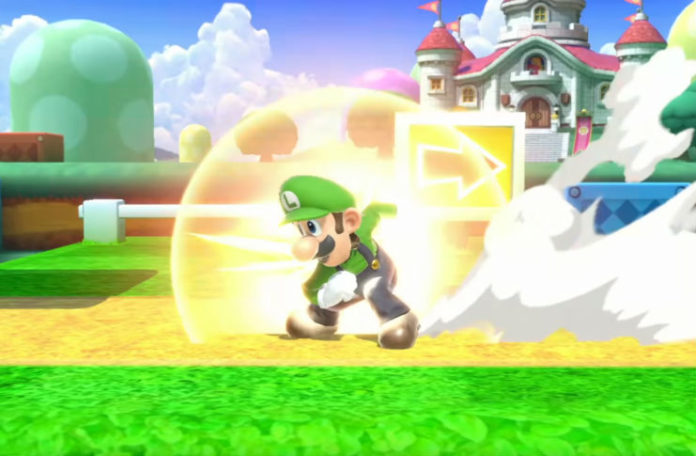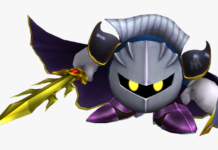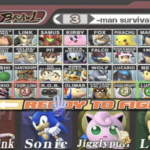You’ve probably heard the term tossed around casually. You’ve probably heard of people “praying to RNGesus” when referring to video games, which just leaves you more confused and possibly terrified. Worry not! We have got you covered, and will walk you through exactly what RNG is and how it applies to gaming.
What Is RNG?
RNG stands for “random number generator.” Essentially, it’s an algorithm that produces a different number every time it’s used. In video games, these algorithms are used for plenty of different aspects from enemy and area spawns to stats in a role-playing game.

Of course, a lot of RNG in video games isn’t entirely random; for example, in an RPG game, you can get a ballpark area of where numbers will land on a physical attack by calculating your character’s strength, the strength of the weapon being used, as well as the percentage that you’ll land a critical hit. Where RNG factors in here is in the close call moments; if you need a critical hit or maximum damage to save yourself from doom, you just have to hope that the dice rolls the right way based off your stats.
This is where you’ll hear people say they got “good RNG” or “bad RNG,” with good RNG being multiple optimal turnouts despite the incredibly low chances, whereas the bad RNG would mean they got a worse outcome despite all the odds being in their favor.
RNG In Video Games?
RNG in video games is almost always something to factor in when playing through a game normally, and especially in speedrunning or competitive multiplayer. Ideally, you want to reduce how often you have to deal with RNG so that you can keep the game’s outcome completely in your control.
This can be difficult depending on the game; turn-based RPG games with random encounters have been known to be a disaster, with the enemies, their attacks, and the damage dealt in battle never being 100% consistent. However, some speedrunners have figured out ways to completely manipulate RNG to always get the exact outcome that they want, such as this incredible speedrun of Dragon Warrior.

Some RNG is as simple as a couple choices and what happens is based purely off percentage; in Diddy Kong Racing, there’s a loading zone under one of the maps that will either take you to Dragon Forest or the overworld map, and you have no control of where you’ll end up. RNG can also depend on the version of the game you own; in the North American or PAL versions of Diddy Kong Racing, you will always end up in the overworld map. While it might seem like the more consistent version would be optimal, there are benefits to spawning in the other area of that game, and so the RNG might be worth risking for a more optimal speedrun.
Fighting games can have their own elements of RNG as well, such as Luigi’s side special in Super Smash Bros. Normally it’s a slow move that can be charged up, and is best used for recovering back to the stage. However, there is a 1-in-8 chance that the move will “misfire,” which leads to a stronger, faster move that covers more distance. The chance factor can be both a blessing and a curse, and it takes some seriously great RNG to get five in a row.
Why Do Gamers Hate RNG?
Quite simply, any competitive player or speedrunner is going to hate when chance plays a part in their gameplay. If you’re honing your skills to perfect a game, the last thing you want to deal with is having to rely on the dice landing the right way. For certain games in speedrunning, RNG has been the difference between a world record or a failed attempt. Speedrunning in general is aggressively put off by RNG; how can someone be expected to nail frame tight inputs if they know a section is coming up that’s out of their control? It can completely throw off the flow and mindset of the speedrunner; regardless if the RNG goes their way.

Competitive multiplayer games deal with the same issue. The aforementioned Luigi misfire can save you from otherwise certain death, and even land you an early kill. It can also lead to you flying off stage because of a misinput, unable to make it back unless RNG decides to bless you. When you’re putting hundreds of hours into mastering a character or game in general, the last thing you want is for a random factor to come in and screw everything up.
Who Is RNGesus?
A play on Our Lord and Savior, Jesus, RNGesus is the supposed savior of video game RNG everywhere. It is said that praying to RNGesus will yield favorable results when dealing with the randomness of RNG, but at press time, there is no evidence to back this up. Even still; that which RNGesus giveth, he taketh away.
RNG will likely only be a noticeable part of your gaming life if you indulge in the competitive side of video games. Should you do so, it’s important to remember that you cannot work with RNG, only around it.











